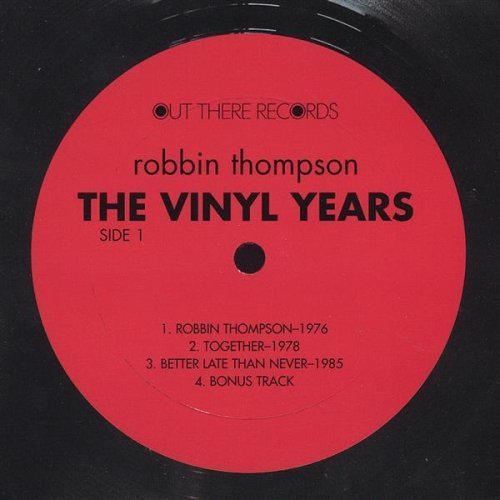
description
6One of America's most popular sports, skiing is all about freedom. Skiers enjoy the thrill of adventure, an escape from city life, and a close encounter with nature at its most rugged and majestic. And yet, paradoxically, the experience of skiing for most Americans is inextricably linked to architecture, for our journey down the mountainside is shaped by the ski resort. In this magnificent book, architectural historian Margaret Supplee Smith traces the evolution of the ski resort in North America. Brimming with photographs of spectacular scenery, intriguing buildings, and colorful personalities, American Ski Resort is the first book to explore the combined phenomena of skiing, tourism, and architecture from a national perspective. Focusing on destination ski resorts in New England, the Rocky Mountains, the Far West, and southern Canada, Smith examines the architecture of recreational skiing from the 1930s to 1990, showing how small, family-operated businesses evolved into the massive, theme-oriented, multipurpose ski establishments of today. The narrative begins with the origins of the American winter recreation industry--surprisingly, in the midst of the Great Depression. She then shows how American ski resorts challenged the supremacy of the European Alps and explains the role that architecture played in this shift. According to Smith, skiing is an archetypical American experience, reflecting our common tendency toward swift ascent, overreaching ambition, and thudding downfall--followed by picking ourselves up, dusting ourselves off, and starting all over again. As the ski industry today faces problems of exclusivity, climate change, a vulnerable economy, and an aging skier demographic, it must itself seek new ways to start all over again--with ski resort architecture continuing to define that reinvention.
member goods
No member items were found under this heading.
Return Policy
All sales are final
Shipping
No special shipping considerations available.
Shipping fees determined at checkout.







